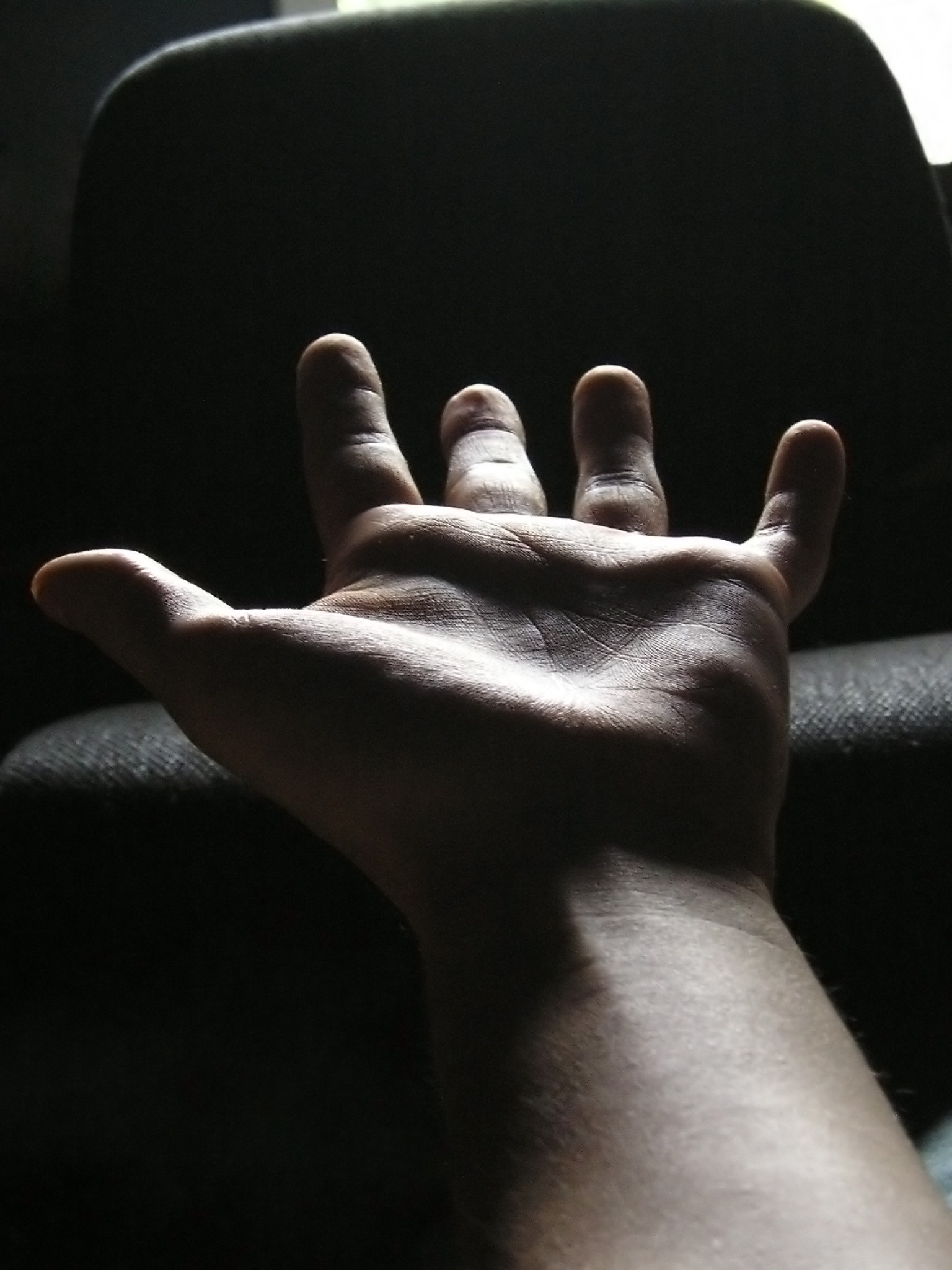A few weeks ago, the trees around here were breathtaking in their fall colors. I’m learning that Lancaster County is a beautiful place to live in autumn. No matter which direction I drive, I see color and mountains and streams and rivers.
Beauty.
Some days, I’ve felt like I live in a painting, but no picture can quite capture it. Even if I was an award-winning photographer with professional equipment, the result would be inadequate.
Now, the leaves are falling. And the weather is turning colder. (Sort of.) And the days are shorter, the sunshine lacking.
I always get a little sad when the seasons change because, well, change is hard. When you get used to one thing–leaving the house without jackets, mittens and hats–and you have to switch suddenly, it’s jarring. I’ve sent my daughter to school without a winter coat on a cold day because I just didn’t think about her being outside for recess. And I forgot my coat when we went to the park on Saturday because it had been warm during the day. News flash: when the sun drops in the sky, the temperature goes with it. Live and learn.
And my eye is drawn to color. I notice the reds and pinks and yellows and differing shades of green. Sometimes I can’t believe there are so many different colors in nature, that trees that all look green in the summer display the whole palette of colors come fall.
So, winter, with its whites and grays and browns seems dreary.
But this year, I’m noticing beauty in the barren.

Because what looks dead isn’t really dead. It’s dormant. Resting. Waiting.
If the trees were dead, there would be no hope. But they aren’t dead. They’re alive, and this is just a season. A part of the natural rhythm of life. Necessary, even, for the new life to come.
I have felt it in my days, those spring and summer seasons of life and fun and fullness, when everything seemed new and bright. And I have felt the dying seasons of change and loss and bleakness.
In the life seasons I rejoice, and I think things could stay this way all the time. In the dying seasons, I wonder if spring will ever come again. If it will always be this way.
And, of course, it never is. Life, death, life again. The seasons change, in nature and in life, and we do well to find the joy where we can.
I can’t yet say that winter is my favorite season. Maybe none of them are my favorites anymore. Maybe they all hold their own special charm. And maybe I wouldn’t appreciate them at all if not for the others.
Without winter, would I anticipate spring? Without fall, could I endure the heat of summer?
“There is a time for everything,” the wise man writes. Living, dying, laughing, crying.
This winter, instead of moaning and whining about the cold, I want to find the beauty. Seek the joy.
Will you join me?










